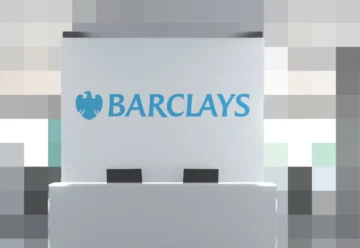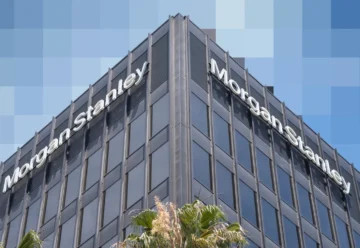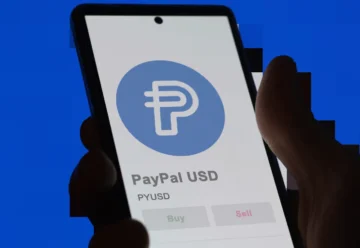Visa Automates Regular Bill Payments Via Crypto Wallets

The payments giant is exploring ways to use distributed ledger technology (DLT) to automate and program regular payments through cryptocurrency wallets.
Visa users will soon have access to a service designed to make auto-payments for recurring bills via cryptocurrency wallets. Analysts from Visa revealed such a possibility in their blog.
The solution will allow providers to automatically withdraw funds from Ethereum-powered crypto wallets without requiring the user to sign off on every transaction. Visa customers will thus soon be able to make auto-payments with cryptocurrencies for monthly subscriptions, such as Netflix or phone bills.
Technically, this will only be possible via a new type of wallet with self-storage of private keys. Such a wallet will be based on the “Account Abstraction” (AA) concept and have “delegable accounts.” Therefore, accounts will “function like smart contracts,” allowing users to schedule transactions without having to directly participate in signing off on each one.
The Visa team is in no hurry to implement this payment solution because the AA concept at its core assumes that users who initiate automatic withdrawals from crypto wallets fully trust the other party. Users must be confident that, for example, the crypto exchange, having gained access to their crypto wallet, will manage their funds appropriately. Recent events around FTX and the allegations against Sam Bankman-Fried for manipulating customer funds don’t inspire users with confidence in the safety of their funds on exchanges.
The Visa technical team has already successfully tested the operation of “delegable accounts” in Ethereum’s layer 2 scaling solution, StarkNet. StarkNet is based on zk-SNARK and supports the AA concept. Recall that Vitalik Buterin, Founder of Ethereum, previously suggested that zk-SNARK would allow for “cryptographically constrained” CEXs in the future and could be a guarantee of their security. Users’ lack of confidence in CEXs is also growing due to the questionable results of widely deployed Proof-of-Reserve audits.











